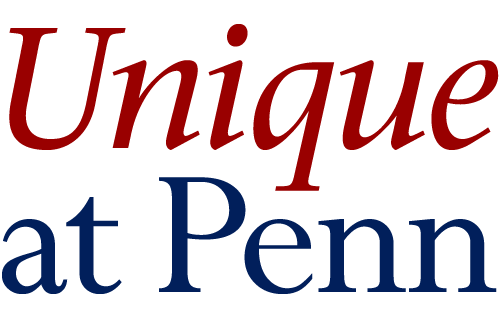To launch Unique at Penn we will be featuring a five part series on one of our newest manuscript acquisitions here at the library, the original minute books of a prominent 18th century London orphanage.

In early 1758, John Fielding, a London magistrate (and brother of Tom Jones author Henry Fielding) wrote a short tract decrying the condition of girls deserted on the streets of London convinced that they would be forced into a life of prostitution. To remedy this situation he proposed gathering a group of wealthy patrons to fund a “reformatory” to take in these abandoned girls (or, as he tellingly refers to them “objects”), raise them “free from the prejudices of evil habits,” teach them the basic skills of domestic service, and send them off to work for the London elite. His plan met with an enthusiastic response and by May 1758, subscribers were found to establish an “Asylum or House of Refuge for Orphans and Other Deserted Girls of the Poor.”
The Asylum, established first in Lambeth (South London) and then later as the Royal Female Orphanage in Beddington operated nearly continuously from 1758 until 1968. While the Sutton (UK) central library holds the archives of the later incarnation of the Orphanage, until this year the 18th century records of the original Asylum were untraced. Through the hard work of many of our staff here (more on this later in the series), the Penn Libraries were able to acquire the first manuscript minute books of the Asylum and make them freely available to the public in digital form through our Penn in Hand platform. These records provide a wealth of information about the social life in 18th century London and the history of philanthropic reform, as well as fascinating details about the history of reading, food, and labor. We’ll be showcasing some of these details over the coming weeks.


3 responses to “The Records of the Asylum for Orphan Girls (Part I)”
This is FASCINATING! Thank you so much for digitizing these records, a truly worthy use of the tools of digital humanities.
I find this applauding for reasons of modern fact finding, through means of digitization of historic information, and the important’s regarding the topic of early orphanage and support for this type of humane service in the twenty-first century.
[…] Unique at Penn. Our collection is so fascinating we need two! two! blogs about our materials. Ace digital humanist Mitch Fraas unearths the unique, the intriguing, and the otherwise cool, revealing everything from early twentieth century Indian cinema promotional materials to original minute books of a prominent 18th century London orphanage. […]